 |
 |
 |
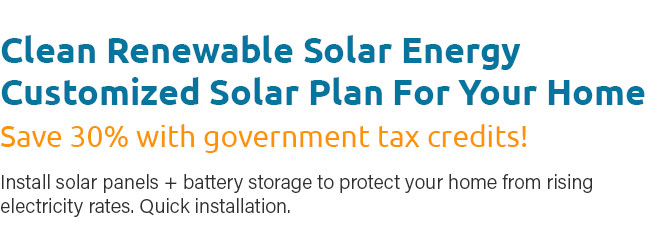 |
 |
 |
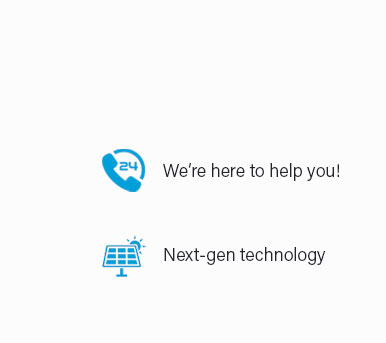 |
 |
 |
 |
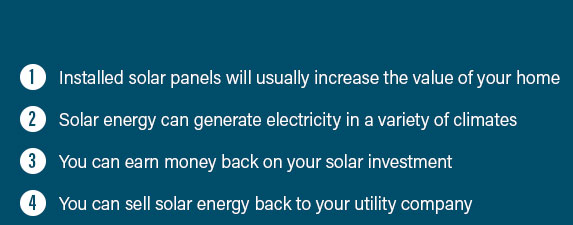 |
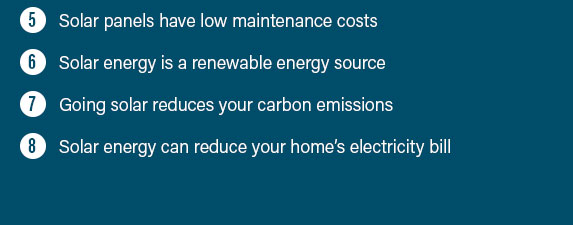 |
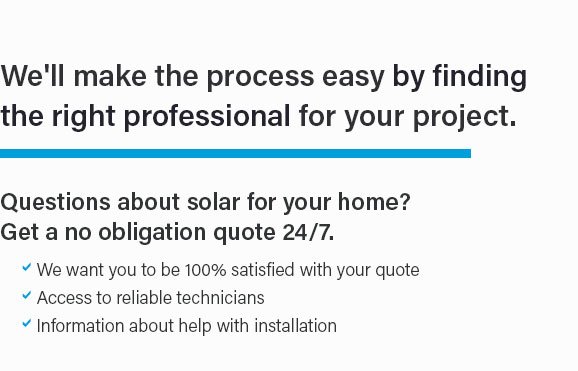 |
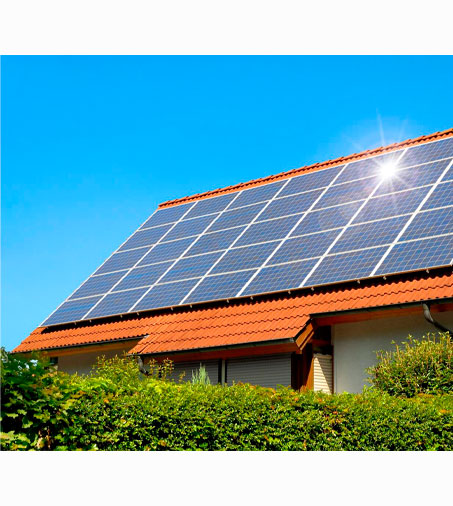 |
|
 |
 |
 |
|
Unlock the power of the sun and transform your Oregon home into a beacon of sustainability with our tailored solar panels installation quote-experience the future of energy today by harnessing the abundant, clean, and cost-effective solar power that Oregon offers; our expert team provides personalized assessments to seamlessly integrate a home solar system that slashes your energy bills, increases property value, and contributes to a greener planet-take the first step towards energy independence with confidence, knowing that you're backed by cutting-edge technology and unparalleled service, because this is more than just an installation, it's a revolution in how you power your life.
https://www.oregon.gov/energy/energy-oregon/pages/solar.aspx
PV cells are connected together into panels for installation on rooftops or ground-mounted systems. The average solar panel has between a 200- and 400-watt ... https://www.energysage.com/local-data/solar/or/
Solar panels will save you a lot of money over time, but the upfront costs aren't cheap. The average Oregon homeowner needs a 11.06 kW solar panel system to ... https://www.oregon.gov/energy/Incentives/Pages/Solar-Storage-Rebate-Program.aspx
The Oregon Solar + Storage Rebate Program issues rebates for solar electric systems and paired solar and storage systems for residential customers and low- ...
|